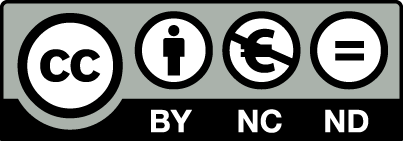Krytyka Prawa. Niezależne studia nad prawem
A Scientist in the Game of Power over Knowledge. In the Light of the Act 2.0
Kozminski University
Abstract
Academics and faculty members are entangled in many interests. Selfless science for cognitive purposes is a thing of the past. There is a constant game of the power over knowledge. Apart from scientists, many entities with various interests are participants of the game. They are: politicians, officials, academic administration, research sponsors, accreditation agencies, publishers, resort scientific institutes, industry, business. The scientists themselves sometimes work for the truth and sometimes they work for profit; they create knowledge which is public property, or when they are employed commercially, e.g. by the industry, they create private knowledge. This paper presents five factors which may contribute to restricting the cognitive autonomy of the scientists.





